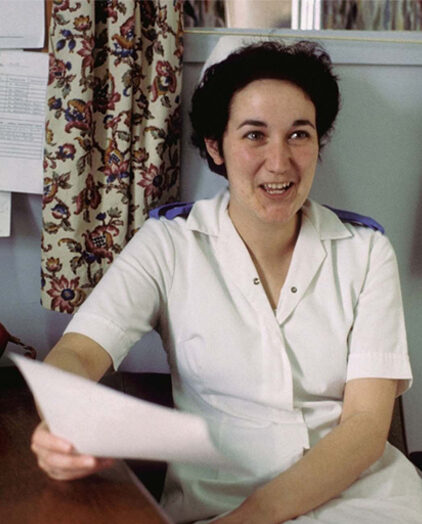In the dynamic landscape of healthcare construction, NHS procurement teams have various factors and challenges to navigate. From budget constraints to risk management, the need for a more streamlined and efficient procurement processes has never been more pressing.
To help address these challenges, several frameworks have been established by the NHS to facilitate easier access to experienced, trusted suppliers. Among these frameworks, the NHS SBS framework stands out as a cornerstone in simplifying procurement for healthcare trusts across the nation.
What supply chain challenges are NHS procurement teams facing currently?
Navigating the procurement landscape within the National Health Service (NHS) comes with its fair share of challenges. The healthcare supply chain is complex and fragmented involving numerous stakeholders e.g manufacturers, distributors, wholesalers etc. Procurement teams face a variety of challenges day-to-day including:
Budget constraints: Cost pressures remain a constant reality across the country. Teams are expected to source cost-effective solutions whilst maintaining product compliance and high quality.
Supply chain disruptions: Global pandemics, wars, inflation, and material shortages are just a few examples of factors that can have a huge impact on availability and lead times. Procurement teams need to have robust contingency plans in place to ensure they can manage and mitigate these risks.
Compliance: NHS procurement teams need to rigorously vet suppliers and products to ensure the required quality is provided. Compliance is paramount to ensuring quality patient care and safety of all user groups.
Sustainability: There is growing pressure on the supply chain and NHS trusts to reduce environmental impact through adopting sustainable practises. With each trust having Net zero carbon targets, suppliers need to be providing products and services that help them achieve their sustainability goals.
An Overview of the NHS SBS Framework
The NHS Shared Business Services Framework Agreement helps address these challenges by providing a structured approach to procurement. It offers a centralized platform where trusts can access pre-approved suppliers for a wide range of goods and services.
The vision of NHS SBS is to “help the NHS save money and enhance quality so that the NHS can improve helath, innovate to save lives and deliver better outcomes with care and compassion”
Benefits of the Framework
The NHS SBS Framework Agreement offers several benefits to healthcare trusts including:
- Pre-negotiated terms and conditions expedite the procurement process, saving time and resources.
- Assured quality and compliance: Suppliers listed under the framework meet stringent quality and compliance standards, ensuring trust in the products and services procured.
- Cost savings: Collective purchasing power and competitive pricing result in significant cost savings for trusts.
- Flexibility and choice: Despite the standardized framework, trusts retain flexibility and choice in selecting products and services tailored to their needs.
Hygenius Success on Being Named as a Supplier
At Hygenius, we are pleased to announce that we have been named as an NHS SBS Framework Agreement Supplier. This recognition underscores our commitment to delivering high quality, compliant furniture that helps healthcare staff fight infection.
Having served the NHS for over 50 years and listening to their challenges, we understand the problems NHS procurement teams face. Through the NHS SBS and other frameworks, we are committed to streamlining procurement of infection control compliant, high-quality healthcare FF&E for NHS estates across the country.
How did an engineer and a GP help make the NHS Safer?
The engineer was James Flett, founder of the business that was to become Hygenius 50 years later.
The GP was a new customer of James, who needed better and safer cabinetry than he was being offered for his consulting rooms.
Keep reading here…



